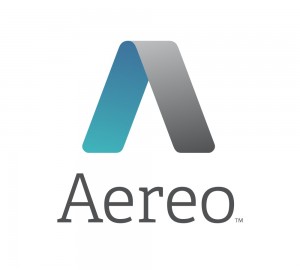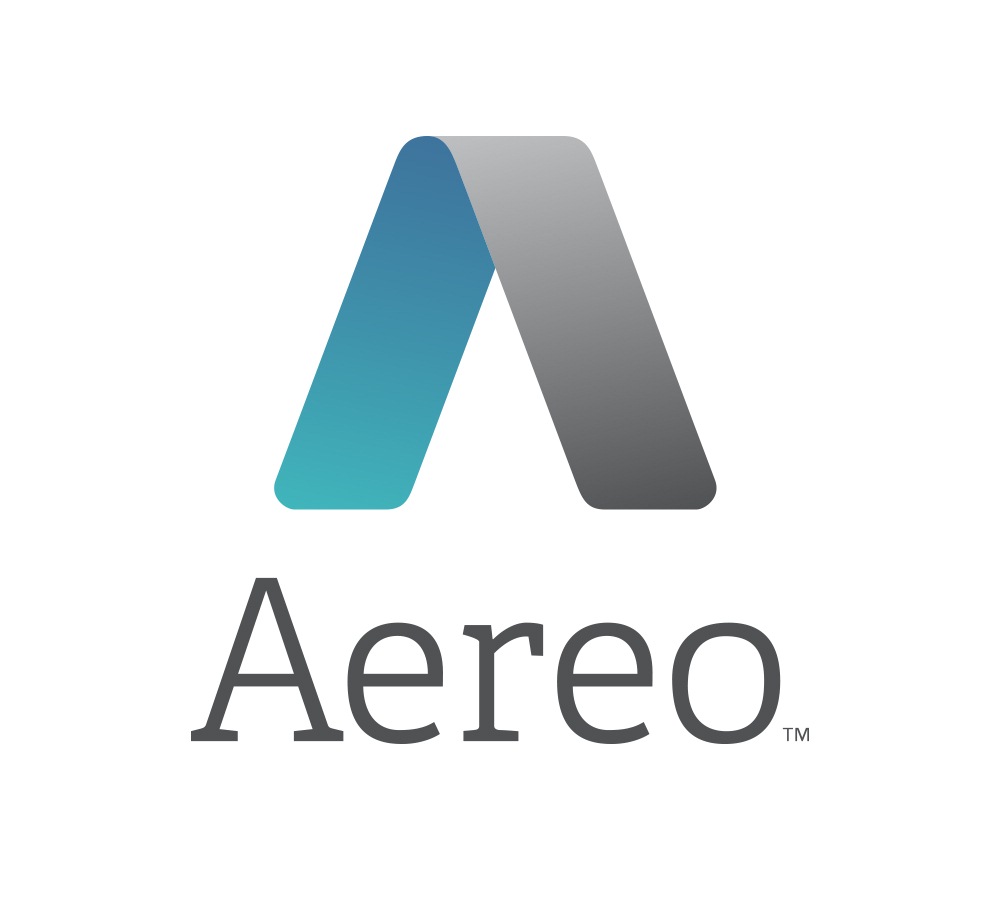
On Friday, Aereo – a startup that allowed users to stream and record live, over-the-air television programming – announced a massive round of layoffs. Aereo has been in and out of court, fighting the massive cable companies for the better part of the last two years. Ultimately, the legal battle ended when the Supreme Court of the United States (SCOTUS) ruled in favor of the cable companies, declaring Aereo illegal. The SCOTUS found that Aereo, in a 6-3 opinion, infringed on the exclusivity clause contained in The Copyright Act of 1976:1
We must decide whether respondent Aereo, Inc., infringes this exclusive right by selling its subscribers a technologically complex service that allows them to watch television programs over the Internet at about the same time as the programs are broadcast over the air. We conclude that it does.2
Though the SCOTUS ruling effectively deemed Aereo’s business as illegal, the company pushed on and exhausted nearly every legal avenue to keep its service running. Finally, on October 23, 2014, “A New York federal judge…officially barred embattled video streaming company Aereo, Inc from transmitting the programs of television broadcasters as they are being shown.”3 This proved to be the final blow. According to Dennis Keohane, of BetaBoston, effective November 12 of this year, Aereo will close its Boston office and lay off 43 employees. Though a skeleton team of executives remain, with the intent of continuing the legal battle, the embattled company is running on fumes. According to a company spokeswoman, as quoted in Keohane’s BetaBoston post:
In an effort to reduce costs, we made the difficult decision to lay off some of our staff in Boston and New York. We are continuing to conserve resources while we chart our path forward. We are grateful to our employees for their loyalty, hard work and dedication. This was a difficult, but necessary step in order to preserve the company.4
Though it seems that Aereo is dead in the water, the company fights on, looking for any way to continue operations. Down but not quite all the way out.
- A little bit of context here. This is the first paragraph of the SCOTUS Brief concerning Aereo (PDF):
The Copyright Act of 1976 gives a copyright owner the“exclusive righ[t]” to “perform the copyrighted work publicly.” 17 U. S. C. §106(4). The Act’s Transmit Clause defines that exclusive right as including the right to:
“transmit or otherwise communicate a performance. . . of the [copyrighted] work . . . to the public, by means of any device or process, whether the members of the public capable of receiving the performance . . . receive it in the same place or in separate places and at the same time or at different times.” §101. ▲ - SCOTUS Brief concerning Aereo (PDF), P.5 ▲
- Andrew Chung, CNBC, “Broadcasters win preliminary injunction against Aereo,” 23 October 2014 ▲
- Dennis Keohane, BetaBoston, “Aereo shutting down operations, closing Boston office,” 7 November 2014 ▲

